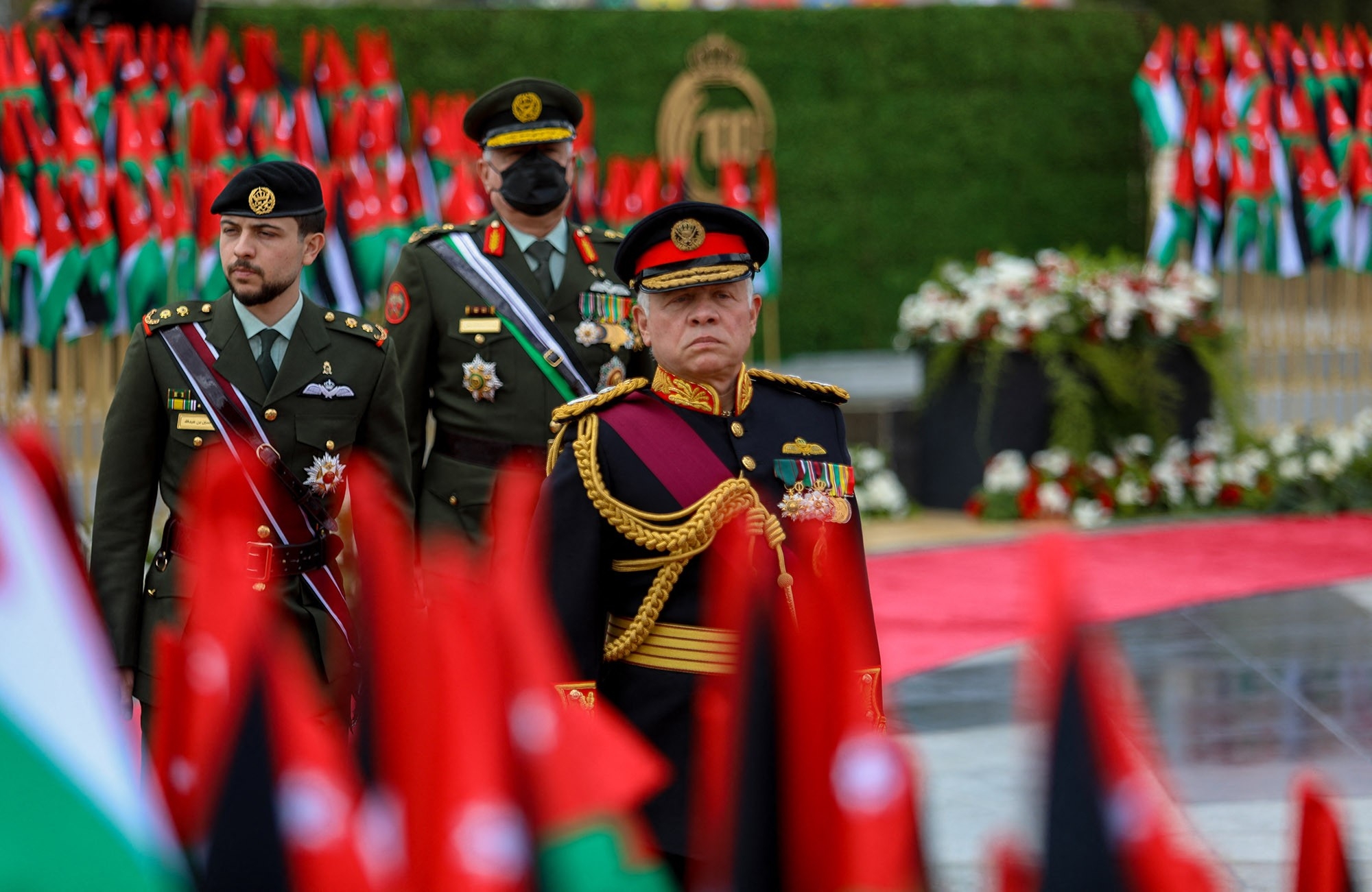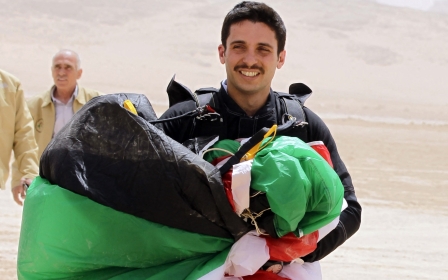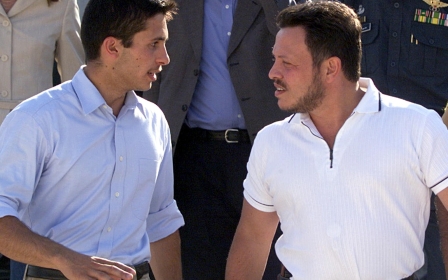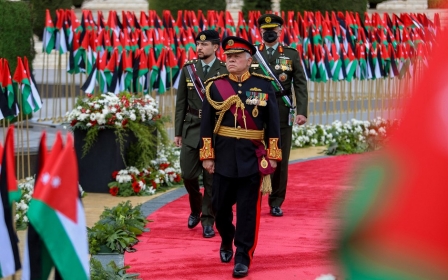Jordan's king orders release of sedition suspects except royal and Saudi advisor

Jordan’s King Abdullah II has ordered the release of 16 suspects arrested over alleged attempts to “destabilise” the kingdom, leaving only an adviser to Saudi Crown Prince Mohammed bin Salman and a member of the Jordanian royal family in detention.
Bassem Awadallah, a former finance minister and ex-head of the Royal Court, and Hassan bin Zaid are the two most prominent figures arrested over an alleged sedition plot that has rocked the kingdom.
On 3 April, security forces arrived at the Amman palace of Prince Hamzah, Abdullah’s half-brother, informing the former crown prince that he must not leave his home and should cease all activity on social media.
Major General Yousef Huneiti, the head of Jordan’s military, told Hamzah that people around him stood accused of trying to destabilise the kingdom. He said Hamzah’s recent social media posts bemoaning the situation in the country had crossed a “red line”.
At the same time, several people were arrested over an alleged sedition plot, including Awadallah, who is known to be close to Saudi Crown Prince Mohammed bin Salman and Abu Dhabi’s Crown Prince Mohammed bin Zayed.
Following Hamzah’s house arrest, the prince leaked several recordings of himself and his conversation with Huneiti, denying any role in any plot. A few days later, Hamzah pledged allegiance to Abdullah and was seen alongside the king during a ceremony for Jordan’s centenary on 11 April.
Awadallah, however, remains in detention, despite Saudi Minister of Foreign Affairs Faisal bin Farhan’s attempt to secure the ex-official’s release.
King Abdullah’s order to free the 16 suspects came following a petition from their relatives and tribal leaders, according to official news agency Petra.
Abdullah described the suspects as “cajoled”, “misled” and “dragged behind this sedition”.
“What happened was painful, not because there was a direct danger to the country. From the beginning, I decided to deal with the issue calmly, with a picture of what happened, and how things got out of this context,” Petra quoted him as saying.
'What happened was painful, not because there was a direct danger to the country'
- King Abdullah
Last week, Middle East Eye revealed that Awadallah had been arrested in connection to the alleged plot after intelligence services intercepted voice and text messages between him and Mohammed bin Salman, in which they discussed how to destabilise King Abdullah's rule.
The two men discussed how and when to use mounting popular unrest in Jordan, stoked by the kingdom’s flagging economy and the Covid-19 pandemic, a source close to the investigation told MEE.
Those messages were then shared with Washington, which prompted US President Joe Biden to issue a strong message of support for Abdullah hours after the arrests were made.
Publicly, Riyadh has declared its support for King Abdullah.
However, during a Saudi delegation’s visit to Amman on 5 April seeking Awadallah’s release, Abdullah refused to meet the foreign minister and receive an official letter of support from King Salman.
Awadallah and Hassan bin Zaid are set to be tried at the State Security Court, media reported last week.
Middle East Eye delivers independent and unrivalled coverage and analysis of the Middle East, North Africa and beyond. To learn more about republishing this content and the associated fees, please fill out this form. More about MEE can be found here.





